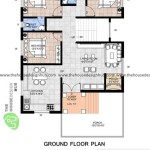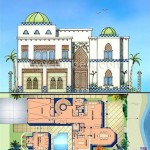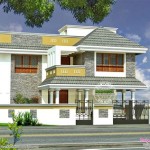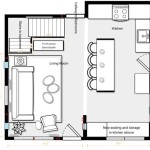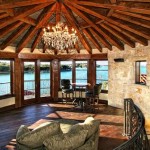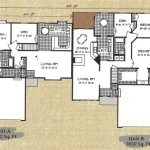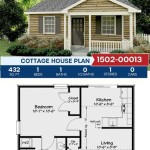Essential Considerations for Hunting Lodge House Plans
Hunting lodges are unique retreats designed to provide comfort and functionality for outdoor enthusiasts. Whether you're a seasoned hunter or simply seeking a rustic escape, a well-planned hunting lodge can enhance your hunting experience significantly. Here are some essential aspects to consider when choosing or designing hunting lodge house plans:
Room Layout
The room layout should be practical and conducive to the specific needs of hunters. Common features include:
- Open floor plan: Allows for easy movement and socialization.
- Large mudroom or entryway: Storage for hunting gear, boots, and other equipment.
- Cozy living area: Relax and unwind after a day in the field.
- Kitchen: Prepare meals and store supplies.
- Bedrooms and bathrooms: Provide comfortable accommodations for multiple guests.
Size and Capacity
The size of the hunting lodge should be determined by the number of hunters it will accommodate and the desired level of comfort. Consider the following:
- Number of bedrooms and bathrooms
- Living area for socializing and relaxation
- Storage space for hunting gear and supplies
- Outdoor areas for grilling, fire pits, or other activities
Materials and Construction
Rustic and durable materials, such as wood, stone, and metal, are commonly used in hunting lodge construction. Consider:
- Exterior: Weather-resistant materials and features to withstand harsh conditions.
- Interior: Warm and inviting finishes, with durable flooring and easy-to-clean surfaces.
- Roofing: Metal or asphalt shingles that provide protection from the elements.
- Insulation: To ensure comfort in both warm and cold weather.
Amenities and Features
Amenities can enhance the hunting lodge experience, making it more enjoyable and comfortable. Some desirable features include:
- Fireplace: Provides warmth and ambiance.
- Gun cleaning area: Dedicated space for maintaining firearms.
- Tool workshop: For minor repairs and maintenance.
- Outdoor deck or patio: Expand living space and enjoy the surrounding nature.
- Game room: Entertainment area for recreational activities.
Site Selection
The location of the hunting lodge is crucial. Consider:
- Proximity to hunting grounds: Ease of access to hunting areas.
- Privacy: Secluded location for undisturbed hunting.
- Access to utilities: Electricity, water, and waste management.
- Views and scenery: Enhance the overall experience with picturesque surroundings.
- Legal considerations: Building permits, zoning restrictions, and property boundaries.
Energy Efficiency
Designing an energy-efficient hunting lodge can reduce operating costs and environmental impact. Consider:
- Insulation: Minimizes heat loss in winter and keeps the lodge cool in summer.
- Energy-efficient appliances: Reduces energy consumption.
- Passive solar design: Utilizes natural light and heat to reduce artificial energy demands.
- LED lighting: Conserves energy compared to traditional lighting.
- Water conservation measures: Low-flow fixtures and rainwater harvesting systems.
Customization and Personalization
The hunting lodge should reflect the personality and preferences of its occupants. Consider customizing the design with:
- Unique architectural features: Add visual interest and character.
- Custom finishes: Choose materials and colors that suit your taste.
- Trophy display areas: Showcase hunting achievements.
- Personalized décor: Create a warm and inviting atmosphere.
- Landscaping: Enhance the outdoor surroundings with native plants and rustic features.

Resorts Lodges Pondarosa Log Wilderness Building Systems Hotel Floor Plan Lodge Plans

42 Hunting Lodge Ideas House Plans Small

Pin On Dream Home

The Hunting Creek Log Cabin Design Winterwoods Homes

Pin On Places And Things
.jpg?strip=all)
Portfolio Hunting Lodge Conant Construction

Designs For A Hunting Lodge On The Left And Cottage Right Elevations Plans Riba Pix

Standout Log Cabin Plans Escape To An Earlier Gentler Time

Alaskan Fishing Lodge True North Log Homes

Small Hunting Cabin Kits Cowboy Log Homes Floor Plans

